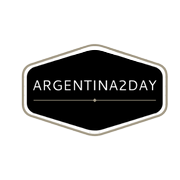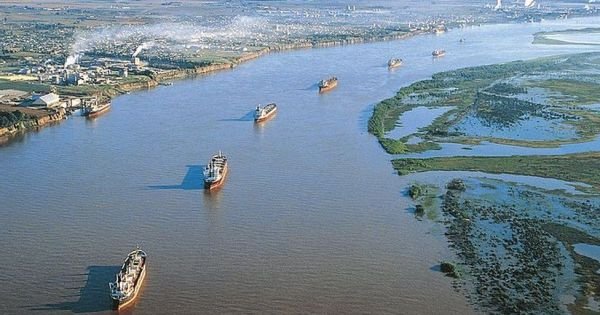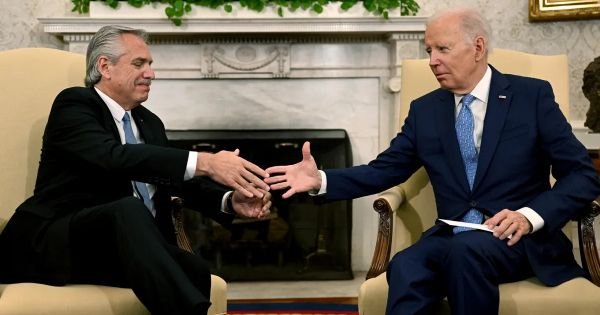[ad_1]
Paraná Waterway: Brazil, Uruguay and Bolivia back Paraguay
Argentina’s toll was found to be notoriously excessive and detrimental to many of the country’s interests
Brazil, Uruguay, and Bolivia Friday supported Paraguay’s stance regarding Argentina’s decision to charge tolls to barges sailing through the Port of Santa Fe-Confluencia section of the Parana River, it was reported in Buenos Aires after a new meeting of the Commission of the Paraguay-Parana Waterway Agreement.
Also endorsing Paraguay’s view were private traders such as the Permanent Commission of Transportation of the La Plata Basin, an entity composed of the users of the waterway of the five signatory countries of the Santa Cruz de la Sierra Agreement.
Argentina had admitted that the toll rate does not respond to dredging interventions and justified it on the grounds of signaling services, which have not been proven to have been rendered.
”The four countries concluded after eight months of dealing with the issue in the Commission of the Agreement in which ample opportunity for justification was offered by Argentina to conclude the work of the technical body and raise the discussion to the level of the Intergovernmental Committee of the Waterway (CIH), the Paraguayan Foreign Ministry said in a communiqué.
Read also: Argentina did nothing to charge toll, Paraguay’s Waterway Commission finds
For Paraguay, the technical discussion is over. It is now time to seek a political solution. And if it is not possible, then international arbitration might ensue.
The Argentine delegation opposed this procedure and proposed to continue the issue at the technical level, without agreeing to suspend its intention to apply the measure as requested again by the four countries, the Paraguayan statement read.
Earlier this year, Argentina unilaterally charged a toll of US$1.47 per ton for coastal transport circulating through the Port of Santa Fe-Confluencia section of the Paraná Waterway, which is where the barges with Paraguayan soybeans that are then destined for the port terminals and oil factories in Rosario’s area of influence pass through. This measure has generated a diplomatic conflict between Argentina and Paraguay.
The Argentine government submitted a document justifying its decision, but Paraguayan officials came to the conclusion that it does not contain any valid argument because the natural conditions of the Paraná in the upper section allow the navigation of barges without the need for dredging, or beaconing.
Before Friday’s meeting, Argentine agribusiness companies, together with the steel manufacturers, stated in a communiqué that the tariff charged by the Argentine government on the upper section of the Paraná was notoriously excessive.
We understand that any tariff to be set must have an adequate cost-benefit ratio, which makes economic sense to the work to be carried out because otherwise there is a certain risk of increasing logistic costs and prices in the domestic market, the document read.
Currently, due to the drought suffered by our country in the last period, we need to import raw materials from neighboring countries, Paraguay, Brazil, and Bolivia by means of barges transiting through that section, in order to continue with the production of the plants, which this year have an idle capacity of 60% and could otherwise be paralyzed. The defined tariff has a negative impact on the competitiveness of our foreign trade, the statement said.
The toll makes steel production in our country more expensive, since the iron ore necessary for its production is imported through this section, causing a price increase in the different activities in which this material is used, it added.
Given the above, the agro-industrial and steel sector entities requested the Argentine government to kindly review the toll rate set, which is notoriously excessive to the real needs that such section requires and which, if maintained, could unnecessarily increase the logistic costs of our national production.”
[ad_2]
Source link




